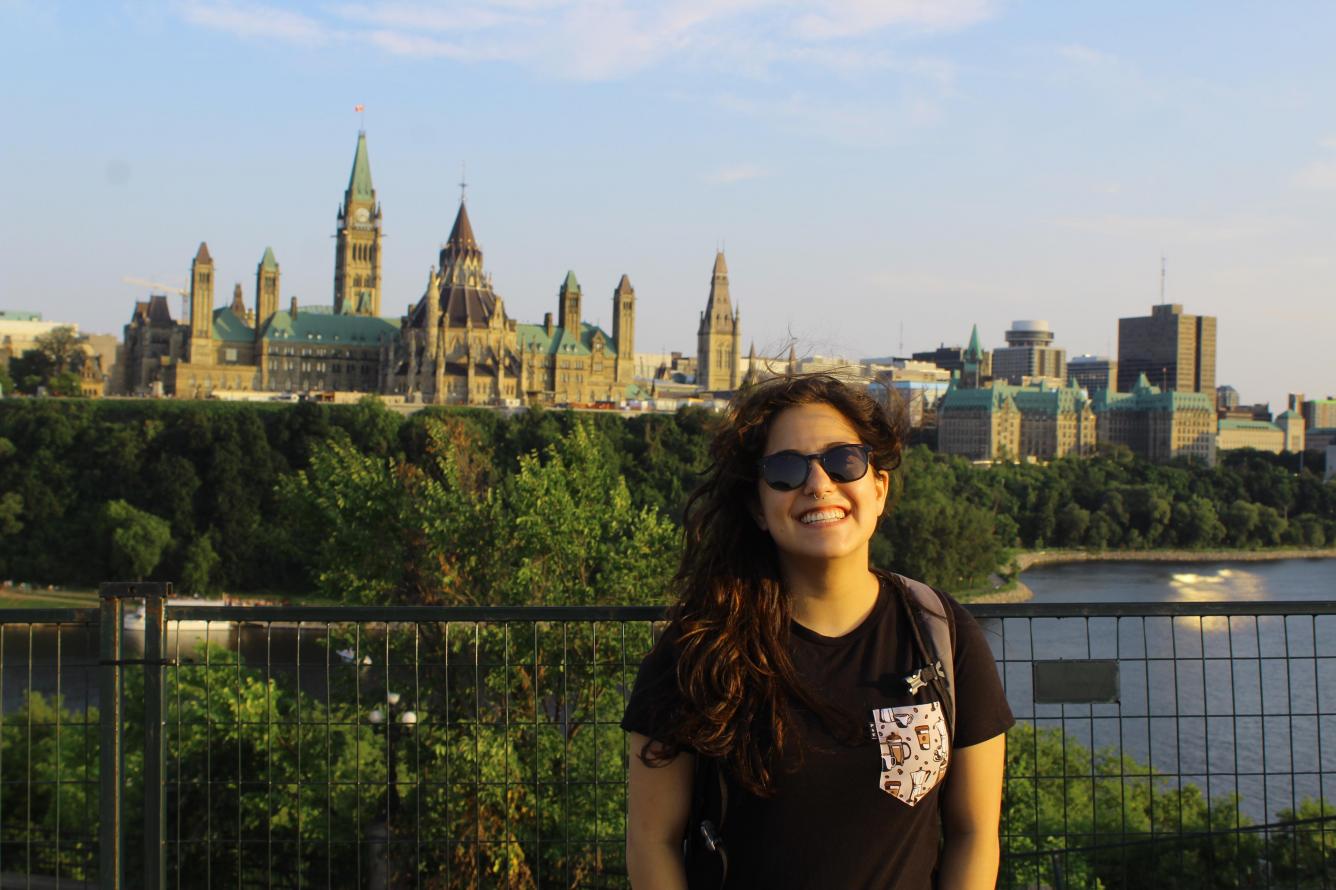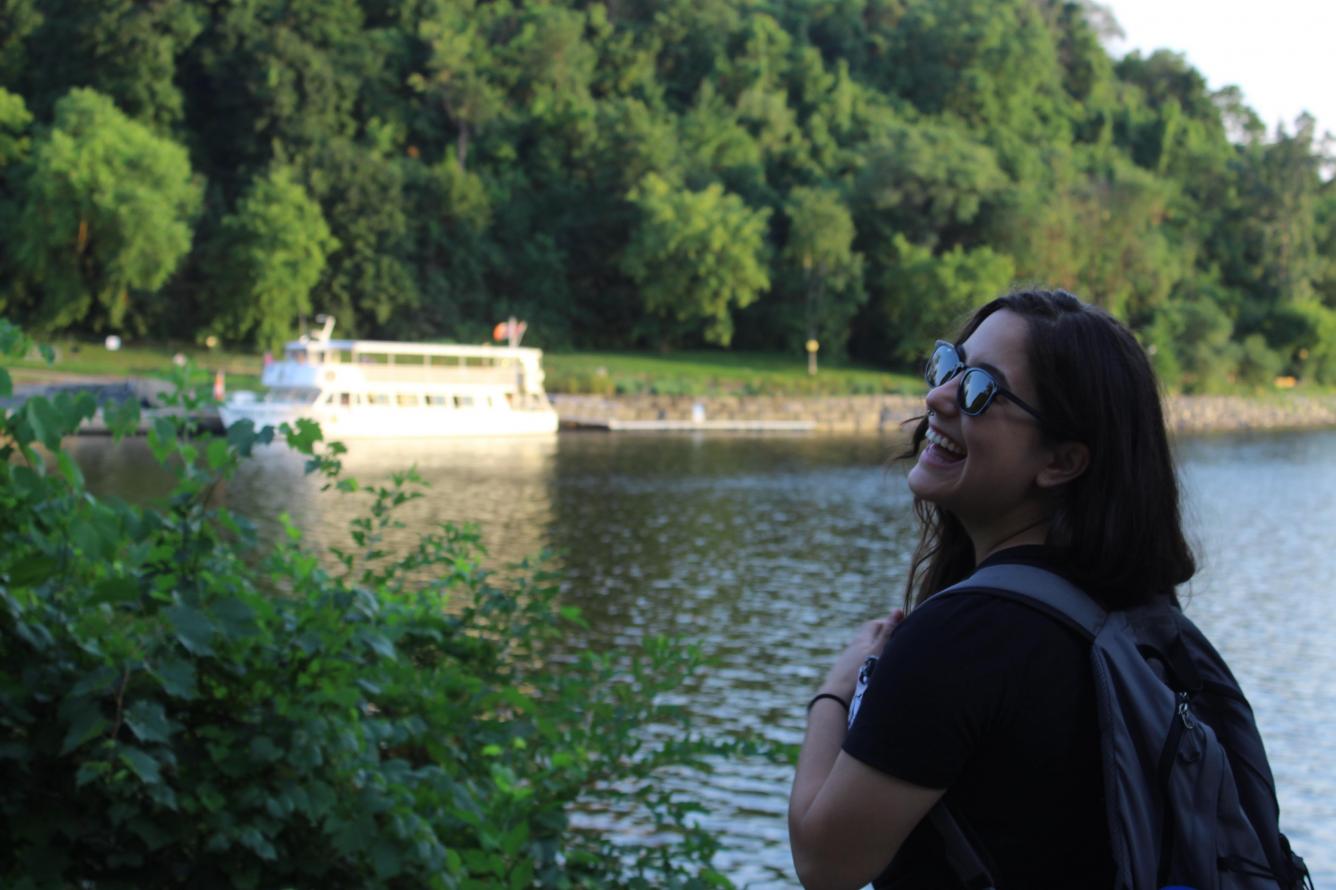
Living as a Youth in the Time of the Seventh Fire


Aanii Boozhoo. Ashley ndizhinikaaz. Be bi yat wiigwaas jimaaning ndizhinikaaz. Miigizi ndoodem. Mishkeegogamang ndoonjiba.
My name is Ashley and I’m Anishinaabe from the Mishkeegogamang First Nation.
I was born colonized. The circumstances of my biological family and birth were exactly what the colonial governments had intended: my grandmother went to residential school, my mom was in foster care and struggled with addictions, and I was born directly into British Columbia’s child welfare system, pretty much as geographically far from my First Nation as possible in Canada. This story is not unique to me; many have been removed from their families by Residential Schools, the 60s Scoop, or the Millennium Scoop, all structures designed with colonizing intent.
As you can imagine, I started off believing that being Indigenous was shameful. Many of our people are struggling as a result of the structures above and are seen as unclean, intoxicated, or worthless.
As a child I wanted to be as far as possible from my own people.
However, I am fortunate that as I got older I had the opportunity to reconnect, first with Indigenous peers and then with my community through university, work, and leadership positions. Many youth from care do not have such opportunities.
For me, being Indigenous is a lifelong journey of decolonizing and reconnecting. I was born colonized but ever since I could understand this I've been chipping away at that which makes me colonized and actively reconnecting to my community and culture. This is a journey many Indigenous youth are on; we are fulfilling the Seven Fires Prophecy.
It gives me hope to know that Indigenous youth are striving to decolonize, reconnect, and reclaim their identities.
The emotional stamina, effort, and time it takes to accomplish this is astounding, but I know we will succeed and make the world a better place for our fellow youth and all the generations to come.
It is important that everyone in Canada understands that decolonizing is not just a journey for Indigenous peoples. Non-Indigenous peoples should also work to decolonize themselves, become allies and accomplices, meet treaty and related obligations, and address structures which uphold colonial systems that harm Indigenous peoples, cultures, and livelihoods. Some non-Indigenous youth really seem to understand this and it’s exciting to see them want to decolonize too.
This way, reconciliation can be truly achieved and we can all live in mutual respect and harmony.

Under the Convention on the Rights of the Child, young people have the right to give their opinion, to be taken seriously by adults and to express themselves in different ways, unless it harms themselves or others. UNICEF Canada respects the views of young people to express their views as they see or experience the world around them, and provides regular and diverse opportunities through our youth guest blogs, Kids of Canada and other platforms.
